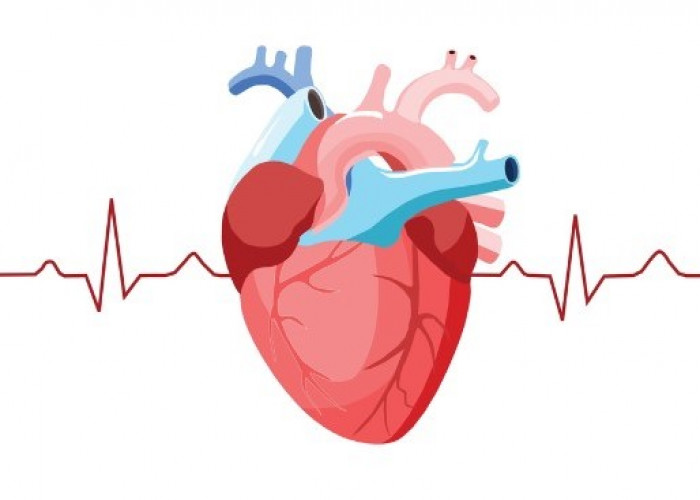 Welcome
Welcome
“May all be happy, may all be healed, may all be at peace and may no one ever suffer."
Heart disease
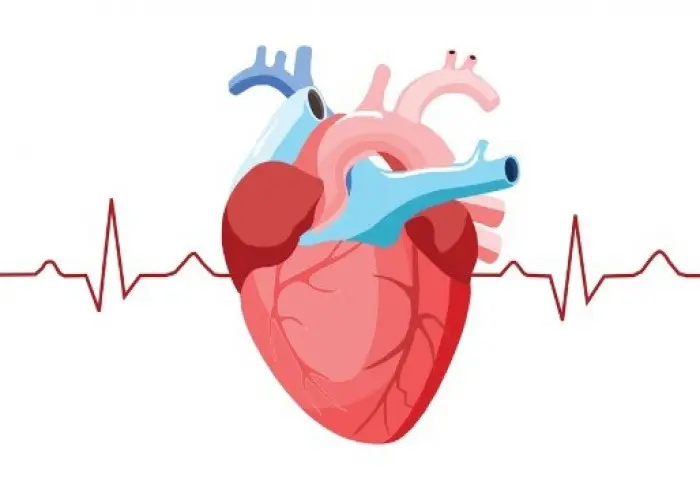
Heart disease is a term used to describe a range of conditions that affect the heart, including coronary artery disease, heart failure, arrhythmias, and heart valve problems, among others.
Coronary artery disease, which involves the buildup of plaque in the arteries that supply blood to the heart muscle, is the most common form of heart disease. This can lead to angina (chest pain or discomfort), heart attack, or heart failure.
Other types of heart disease include heart failure, which occurs when the heart is unable to pump blood efficiently, and heart valve problems, which can lead to conditions such as aortic stenosis or mitral regurgitation. Arrhythmias, or abnormal heart rhythms, can also be a type of heart disease.
Risk factors for heart disease include high blood pressure, high cholesterol, smoking, diabetes, a family history of heart disease, obesity, and a sedentary lifestyle. Lifestyle changes such as improving diet, exercise, and quitting smoking can help reduce the risk of heart disease, as can medication and other treatments depending on the specific condition.
Research Papers
Disease Signs and Symptoms
- Chest pain
- Rapid fluttering heartbeats (palpitations)
- In an infant, shortness of breath during feedings, leading to poor weight gain
- Serious heart defects that born with (congenital heart defects) usually are noticed soon after birth.
- You might not be diagnosed with coronary artery disease until having a heart attack, angina, stroke or heart failure.
- Pain in the neck, jaw, throat, upper abdomen or back
- Pain, numbness, weakness or coldness in your legs or arms if the blood vessels are narrowed
- Heart disease
- Shortness of breath (dyspnea)
- Fatigue (Tiredness)
- Throat pain
- Jaw pain
- Neck pain
- Heart pain (Angina)
- Chest tightness
- Shortness of breath (dyspnea) when exerting or when lying down
Disease Causes
Heart disease
Heart disease causes depend on your specific type of heart disease. There are many different types of heart disease. To understand the causes of heart disease, it helps to understand how the heart works.
How the heart works
Your heart is a pump. It's a muscular organ about the size of your fist, located slightly left of center in your chest. Your heart is divided into the right and the left sides.
- The right side of the heart includes the right atrium and ventricle. It collects and pumps blood to the lungs through the pulmonary arteries.
- The lungs give the blood a new supply of oxygen. The lungs also breathe out carbon dioxide, a waste product.
- Oxygen-rich blood then enters the left side of the heart, including the left atrium and ventricle.
- The left side of the heart pumps blood through the largest artery in the body (aorta) to supply tissues throughout the body with oxygen and nutrients.
Heart valves
Four heart valves keep your blood moving the right way by opening only one way and only when they need to. To work properly, the valves must be formed properly, must open all the way and must close tightly so there's no leakage. The four valves are:
- Tricuspid
- Mitral
- Pulmonary
- Aortic
Heartbeats
A beating heart squeezes (contracts) and relaxes in a continuous cycle.
- During contraction (systole), your ventricles squeeze tight, forcing blood into the vessels to your lungs and body.
- During relaxation (diastole), the ventricles are filled with blood coming from the upper chambers (left and right atria).
Electrical system
Your heart's electrical wiring keeps it beating. Your heartbeat controls the continuous exchange of oxygen-rich blood with oxygen-poor blood. This exchange keeps you alive.
- Electrical signals begin high in the upper right chamber (right atrium) and travel through specialized pathways to the ventricles, delivering the signal for the heart to pump.
- The system keeps your heart beating in a coordinated and normal rhythm, which keeps blood flowing.
Causes of coronary artery disease
A buildup of fatty plaques in your arteries (atherosclerosis) is the most common cause of coronary artery disease. Unhealthy lifestyle habits, such as a poor diet, lack of exercise, being overweight and smoking, can lead to atherosclerosis.
Causes of heart arrhythmia
Common causes of arrhythmias or conditions that can lead to arrhythmias include:
- Coronary artery disease
- Diabetes
- Drug abuse
- Excessive use of alcohol or caffeine
- Heart defects you're born with (congenital heart defects)
- High blood pressure
- Smoking
- Some over-the-counter medications, prescription medications, dietary supplements and herbal remedies
- Stress
- Valvular heart disease
In a healthy person with a normal, healthy heart, it's unlikely for a deadly arrhythmia to develop without some outside trigger, such as an electrical shock or the use of illegal drugs. However, in a heart that's diseased or deformed, the heart's electrical signals may not properly start or travel through the heart, making arrhythmias more likely to develop.
Causes of congenital heart defects
Congenital heart defects usually develop while a baby is in the womb. Heart defects can develop as the heart develops, about a month after conception, changing the flow of blood in the heart. Some medical conditions, medications and genes may play a role in causing heart defects.
Heart defects can also develop in adults. As you age, your heart's structure can change, causing a heart defect.
Causes of cardiomyopathy
The cause of cardiomyopathy, a thickening or enlarging of the heart muscle, may depend on the type:
- Dilated cardiomyopathy. The cause of this most common type of cardiomyopathy often is unknown. The condition usually causes the left ventricle to widen. Dilated cardiomyopathy may be caused by reduced blood flow to the heart (ischemic heart disease) resulting from damage after a heart attack, infections, toxins and certain drugs, including those used to treat cancer. It may also be inherited from a parent.
- Hypertrophic cardiomyopathy. This type usually is passed down through families (inherited). It can also develop over time because of high blood pressure or aging.
- Restrictive cardiomyopathy. This least common type of cardiomyopathy, which causes the heart muscle to become rigid and less elastic, can occur for no known reason. Or it may be caused by diseases, such as connective tissue disorders or the buildup of abnormal proteins (amyloidosis).
Causes of heart infection
A heart infection, such as endocarditis, is caused when germs reach your heart muscle. The most common causes of heart infection include:
- Bacteria
- Viruses
- Parasites
Causes of valvular heart disease
Many things can cause diseases of your heart valves. You may be born with valvular disease, or the valves may be damaged by conditions such as:
- Rheumatic fever
- Infections (infectious endocarditis)
- Connective tissue disorders
Disease Prevents
Heart disease
Certain types of heart disease, such as heart defects, can't be prevented. However, the same lifestyle changes that can improve your heart disease can help you prevent it, including:
- Don't smoke.
- Control other health conditions, such as high blood pressure, high cholesterol and diabetes.
- Exercise at least 30 minutes a day on most days of the week.
- Eat a diet that's low in salt and saturated fat.
- Maintain a healthy weight.
- Reduce and manage stress.
- Practice good hygiene.
Disease Treatments
The type of treatment you receive depends on the type of heart disease you have. In general, treatment for heart disease usually includes:
- Lifestyle changes. You can lower your risk of heart disease by eating a low-fat and low-sodium diet, getting at least 30 minutes of moderate exercise on most days of the week, quitting smoking, and limiting alcohol intake.
- Medications. If lifestyle changes alone aren't enough, your doctor may prescribe medications to control your heart disease. The type of medication you receive will depend on the type of heart disease.
- Medical procedures or surgery. If medications aren't enough, it's possible your doctor will recommend specific procedures or surgery. The type of procedure or surgery will depend on the type of heart disease and the extent of the damage to your heart.
Disease Diagnoses
Disease Allopathic Generics
Disease Ayurvedic Generics
Disease Homeopathic Generics
-
Aconite napellus
1X, 3X power.
-
Amyl nitrosum
3, 6, 30 power.
-
Arsenicum album
6, 30, 200 power.
-
Arsenicum iodatum
3X power.
-
Aurum metalicum
3X power.
-
Crataegus oxyacantha
Q, 30 power.
-
Bryonia alba
6, 30 power.
-
Cactus grandiflorus
Q, 30 power.
-
Lachesis
6, 30 power.
Disease yoga
Heart disease and Learn More about Diseases

Hoarding disorder

Folliculitis
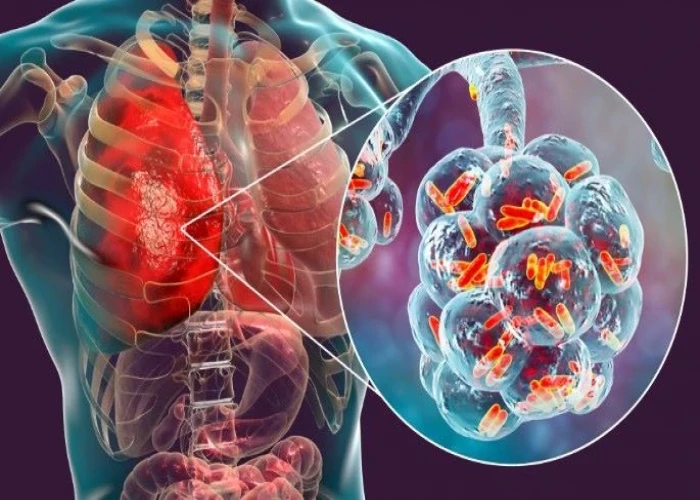
Pneumonia
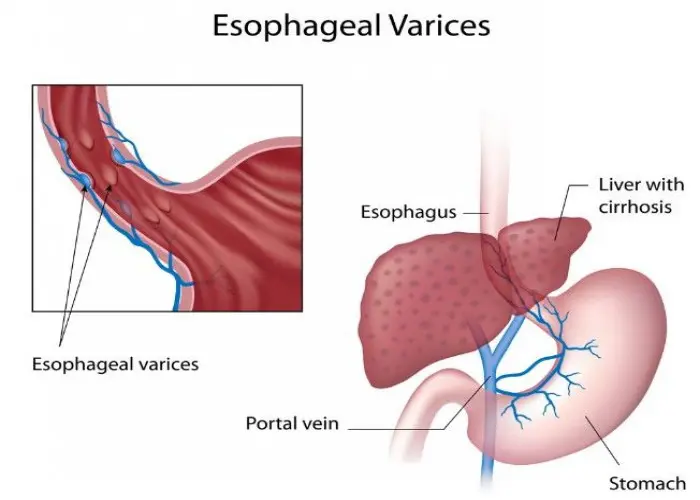
Esophageal varices
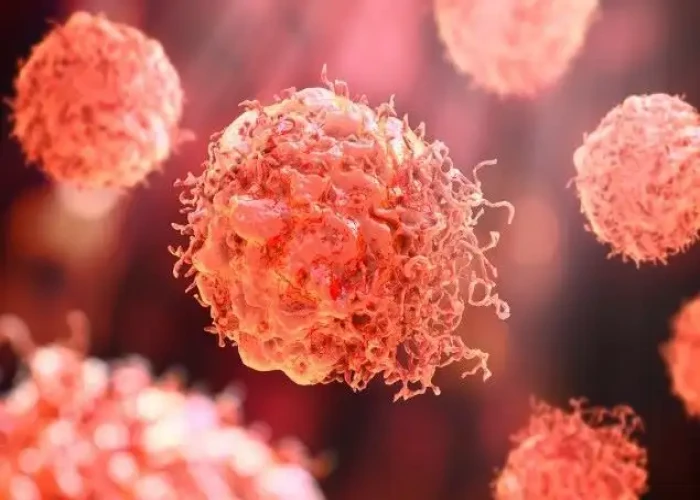
Sarcoma
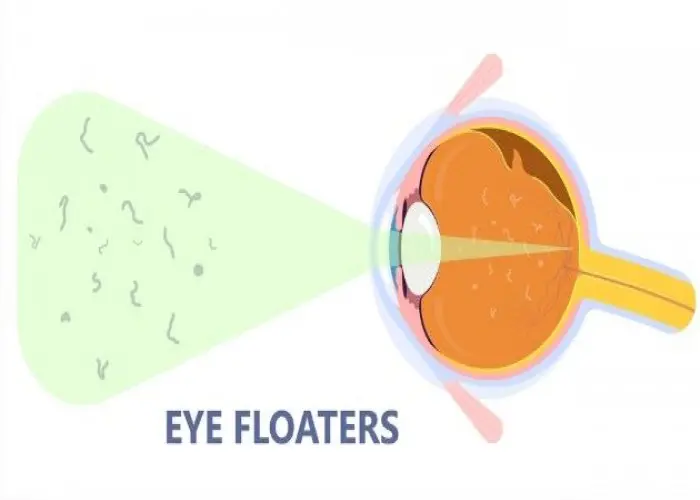
Eye floaters

TEN
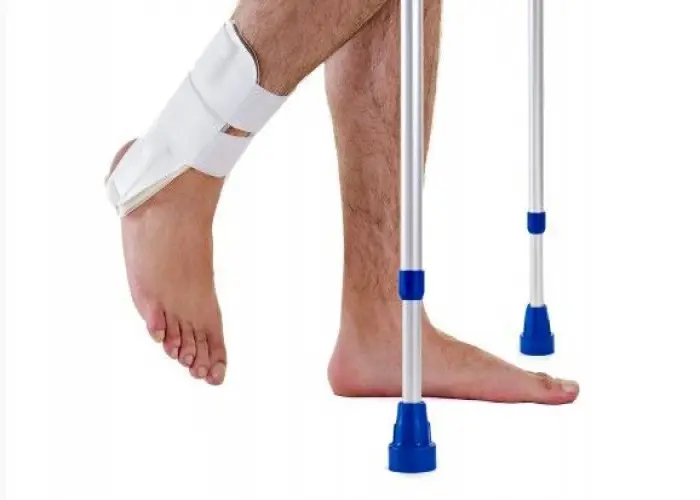
Foot drop
heart disease, হৃদরোগ
To be happy, beautiful, healthy, wealthy, hale and long-lived stay with DM3S.
